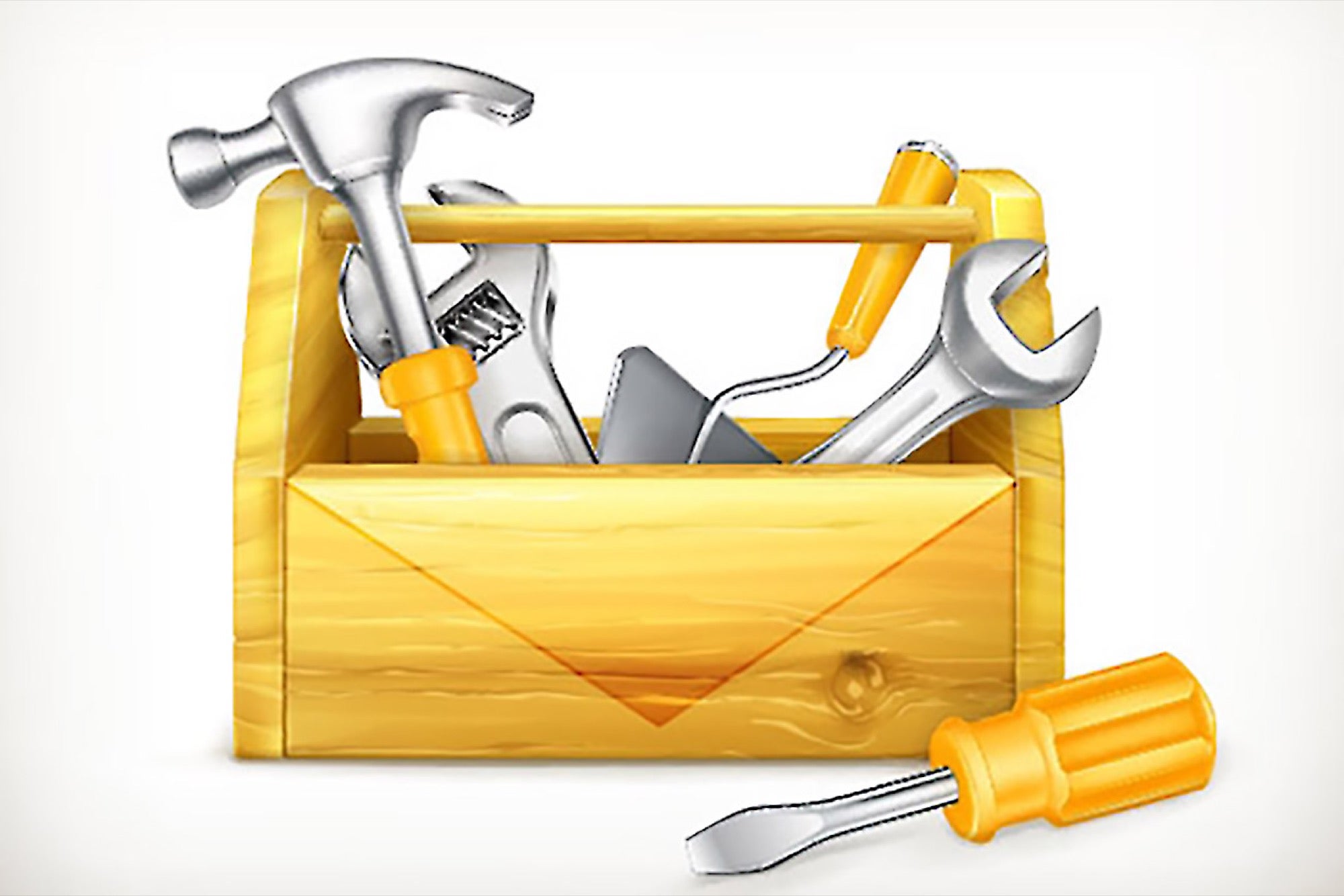How to Transform Your Email into a Productivity Tool Email is easily the biggest time waster in your day. But if approached the right way, it could actually make you more productive. Here are three tips to help you use your email to be more efficient at work.
By Jason Womack Edited by Dan Bova
Opinions expressed by Entrepreneur contributors are their own.

Email is notoriously known for derailing your productivity. What if I told you that you could use your email as a tool to stay more productive, rather than letting it be a distraction?
The good news is, you can. Here are three of my favorite tactics that will help make your email inbox one of your best productivity tools:
1. Create an easy follow-up system
Do you ever find yourself reviewing your "sent items" folder to remind yourself of who you need to follow up with? As an entrepreneur, you're surely sending out a lot of messages introducing your service or product to prospective clients or requesting meetings.
While you often intuitively know you need to follow up with a person or group you've emailed, you can make it easier to track those correspondences. Do this by BCCing yourself on the emails you want to remember to follow up with to streamline the process.
For example, let's say I email someone requesting website analytics. I know I want to follow up with them if I don't hear back by tomorrow afternoon, so I simply BCC myself. When that email comes to my inbox, I can then easily move or tag it to a folder labeled "follow up." I generally check this folder every three to five days to stay on top of messages for which I expect a reply.
Related: 5 Apps to Help Unclutter Your Life
2. Set up more meaningful signatures
Over the course of the next week, notice when you copy and paste something from a previously sent email to someone new. Also, before you click "send" on an email, pause and ask yourself: "Will I ever send something like this again?" If the answer is yes (or even maybe), make a custom signature in which you save that content. This step alone makes managing my email much less unwieldy and has saved me hundreds of hours over the past three years.
Whenever someone asks me a new question about productivity, leadership development or executive coaching, I answer as comprehensively as possible and save the response in a new, up-to-date signature so I can use it again in the future. I've even saved a lot of these "signatures" as shortcuts on my iPhone and iPad so that I can reply just as effectively from my handheld device.
Related: 3 Email Apps to Rework Your Workflow
3. Make your subject line actionable
Have you ever gotten an email from someone with the subject line: "Opportunity"?
Think about what you have to do with this email. If it's long, you have to read through the whole thing, looking carefully for said opportunity. How to remedy this?
Here's a trick I've been using for a long time. I write the subject lines of my emails last, starting out with a verb that describes what needs to be done and a noun encapsulating what the email message is about directly. Over the past few years, I've realized I consistently make requests via email asking recipients to call, schedule, view, print, sign, scan, return or confirm receipt of a document.
It's only fair to let the recipient know exactly what I need them to do when they see the email show up in their inbox so they can get to it more quickly. At my company, we've standardized the verbs used in email subjects so that everyone on our team is on the same page. For example, if I need one of my staff to take an action, I type in the subject line: "Call Susan B. today to confirm start time for Tuesday's workshop: 415-555-xxxx.' This makes it very clear what I need done and provides all relevant information as succinctly as possible.
While the next disruption to digital communication may be right around the corner, in the meantime, we still have the email inbox to manage. These three tactics will help make your email an efficiency tool rather than a disruption to your day.
What email management tip would you add?









